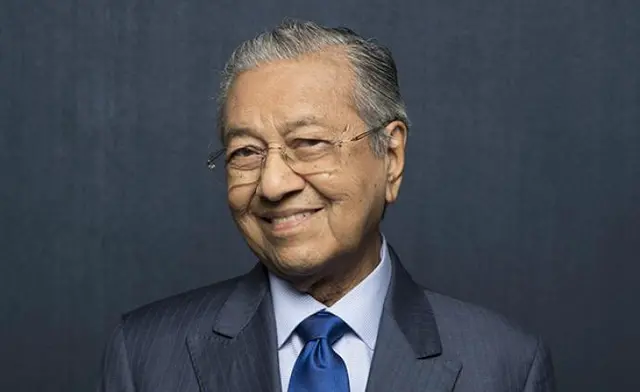China's first modern military academy celebrated its 90th anniversary on Monday, with an oral history research center launched to preserve the memories of both sides of the Taiwan Strait.
The Huangpu (Whampoa) Military Academy opened in south China's Guangzhou on May 1, 1924 with the first lessons beginning on June 16 that year by Dr. Sun Yat-sen, the forerunner of the country's democratic revolution and founder of the Kuomintang (KMT).
The academy has since cultivated many outstanding military commanders, and is deeply respected and cherished by Chinese people home and abroad.
The academy also witnessed the first cooperation between the Chinese KMT and the Communist Party of China (CPC), with Chiang Kai-shek acting as academy president and late Chinese Premier Zhou Enlai as director of the academy's political department.
When the two parties jointly launched the Northern Expedition in 1926 to end warlords' control of north China and reunify the country, Kuomintang and Communist cadets served as the backbone of the force.
The school later was moved to Taiwan after defeat of the Nationalists in China's civil war in 1949.
A special exhibition dedicated to the celebration is being held in the former site of the academy. He Jiyuan, a 92-year-old alumnus of Huangpu, found his name in a graduation yearbook there.
"It was donated by my classmate in Taiwan," He told Xinhua, expressing a wish that the Huangpu spirit be known by more people from both sides of the Strait.
Other pieces on show include graduation certificates, uniforms and journals of Huangpu students, some of which are exhibited publicly for the first time.
Li Ruomei, 86, is the daughter of Li Qifang, a vice deputy of Huangpu's surgical department. After living in the United States for 60 years, she decided to donate 48 pieces of Huangpu relics to Guangdong Museum of Revolutionary History.
"My mother gave them to me when my father passed away, and told me to preserve them properly. I've carried them with me to many places during the past 60 years, and now I have brought them back to Huangpu," Li said.
Not only alumni and their families, but also authorities and researchers across the Strait attach great importance to the preservation of Huangpu memories.
The oral history research center in Guangzhou will cooperate with the International Times in Taiwan later this year, to conduct a recording project of Huangpu alumni's history in the region.
"We've already interviewed over 70 alumni on the Chinese mainland since 2012," said Yang Qi, director of Guangdong Museum of Revolutionary History. "The stories we've collected are a valuable supplement to the written records of Huangpu."
Yang added, "As the alumni get older, it's urgent we protect and save their memories."
 简体中文
简体中文












